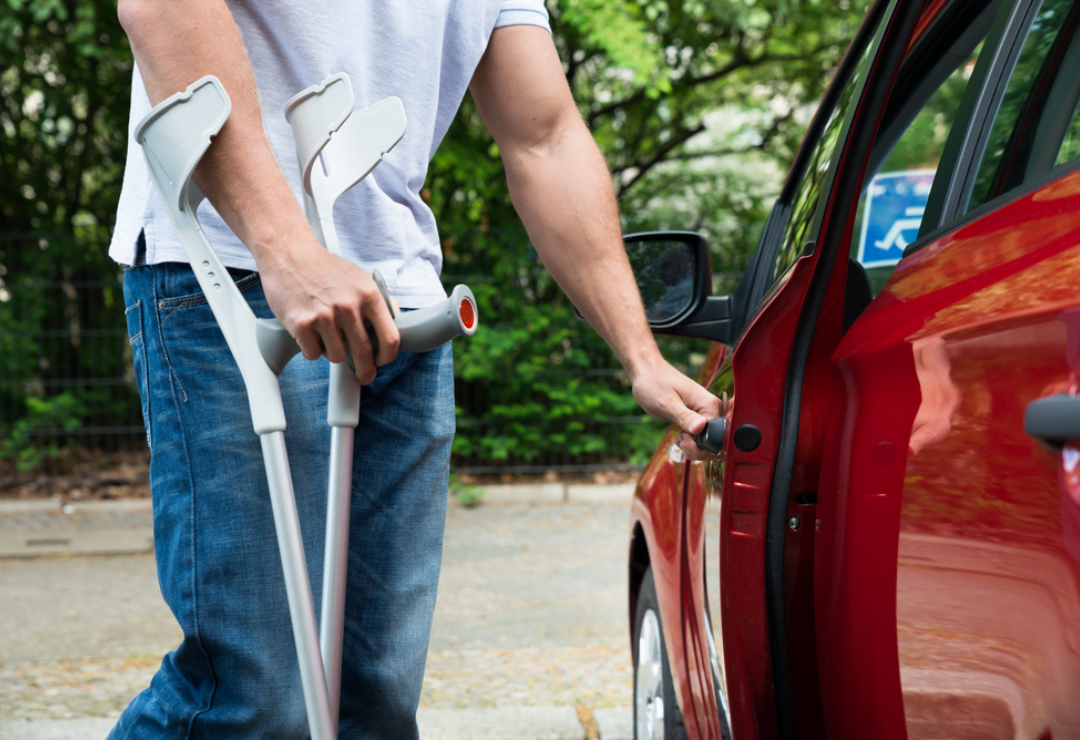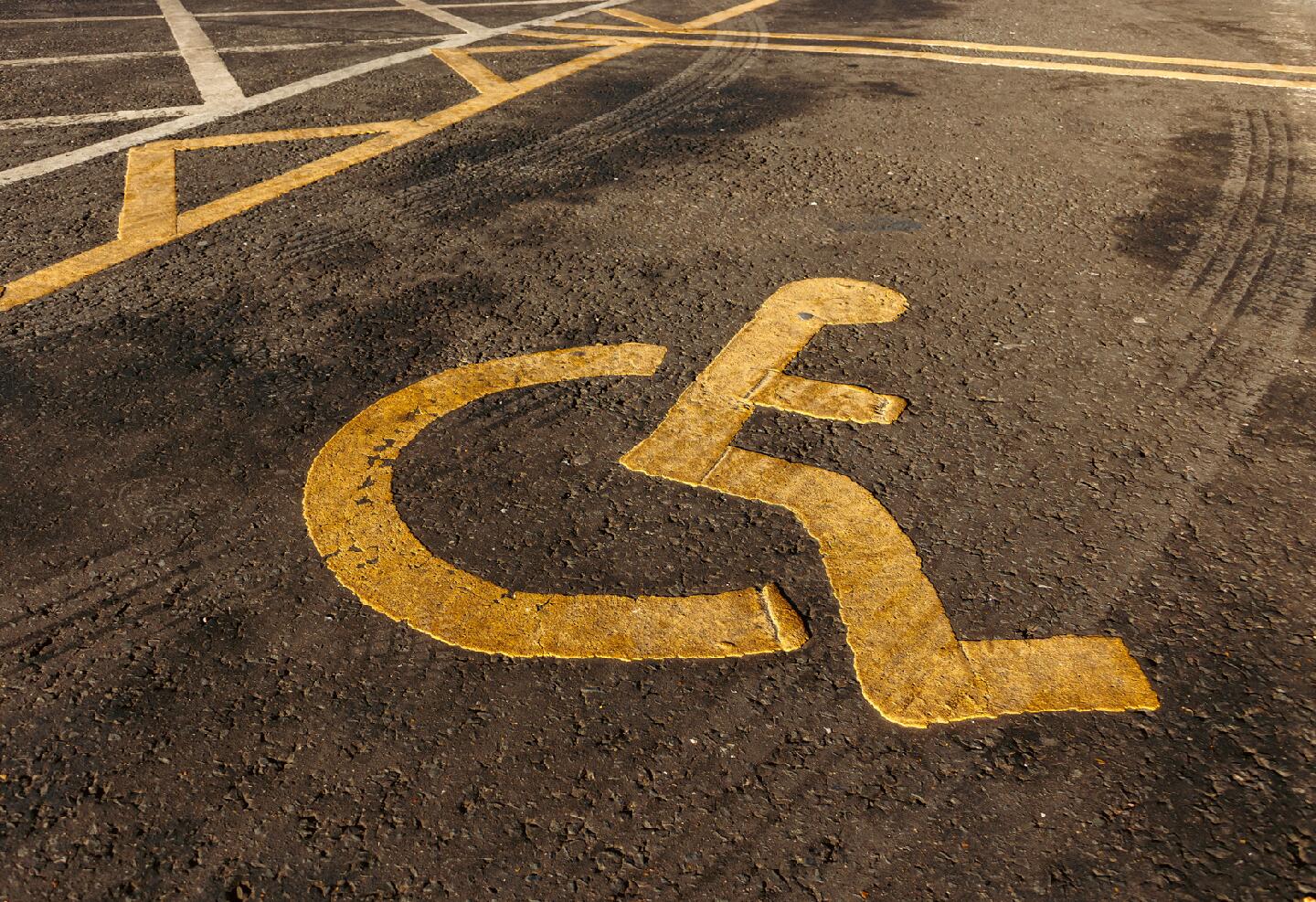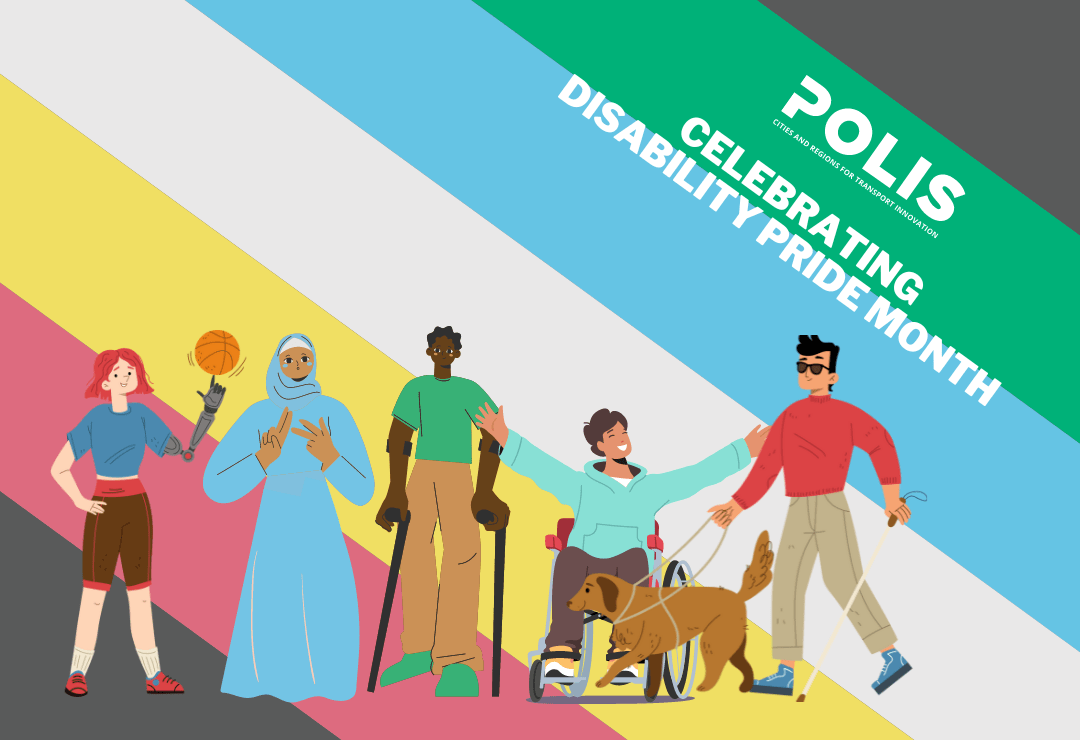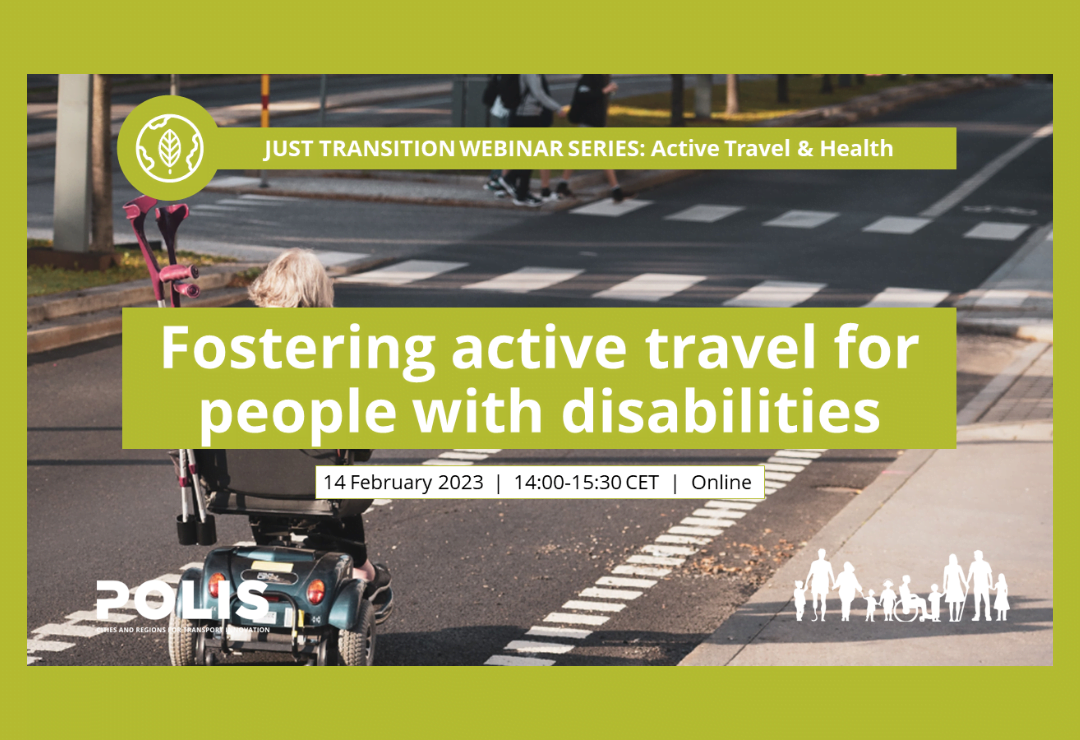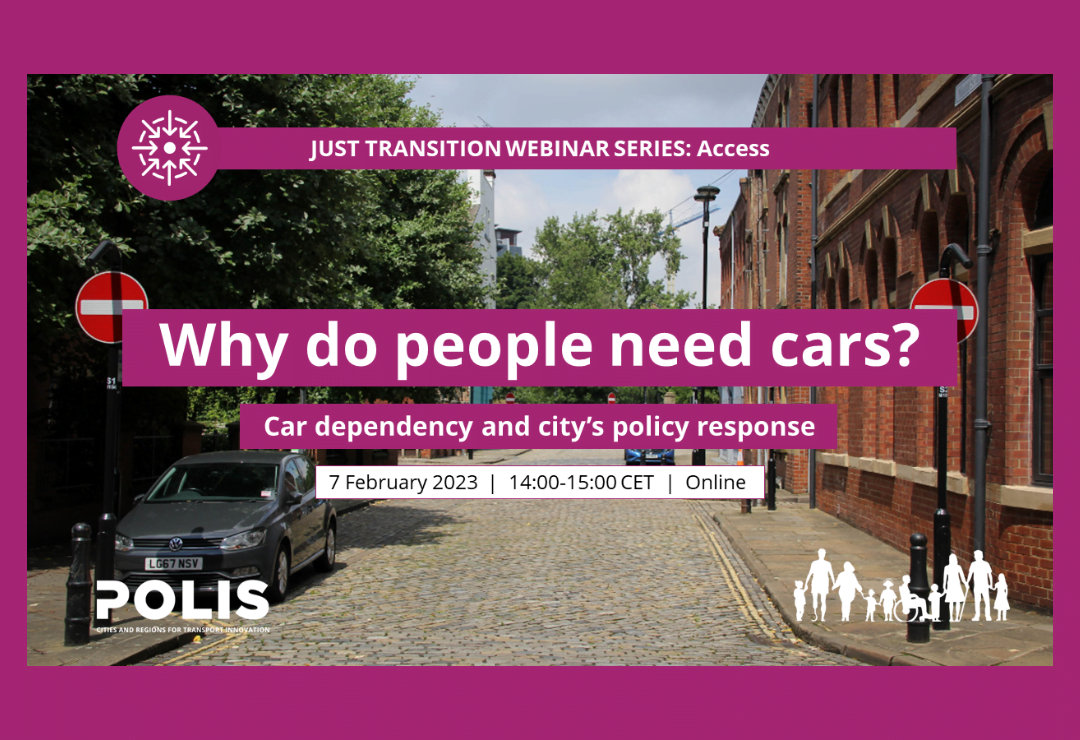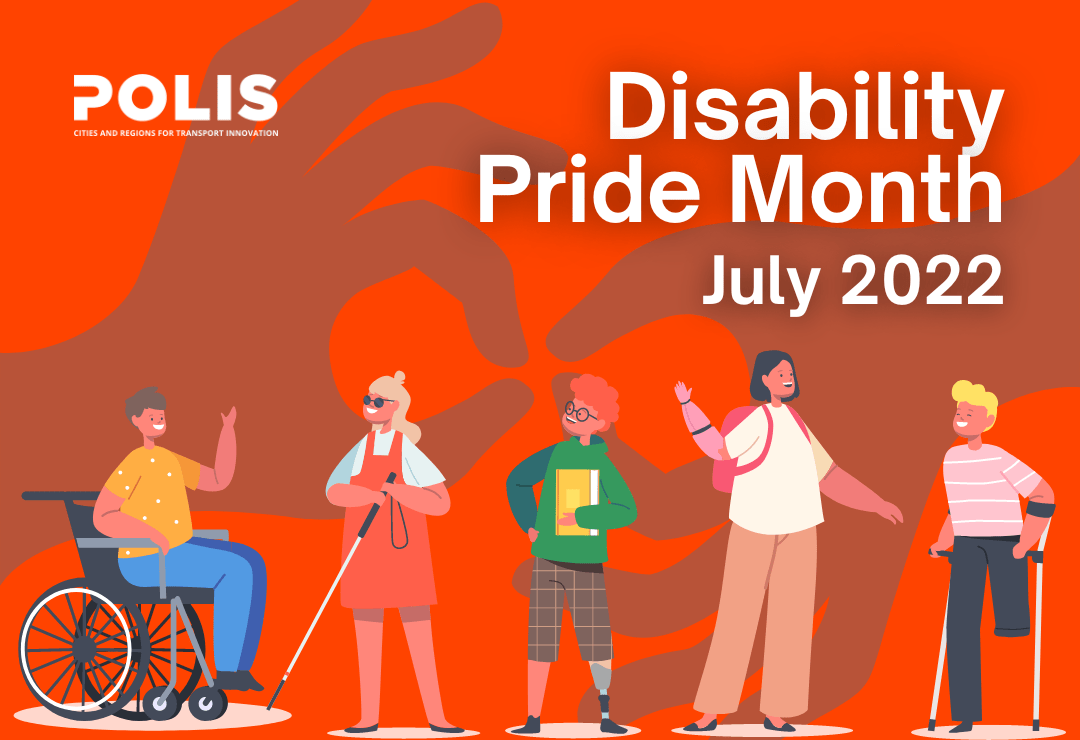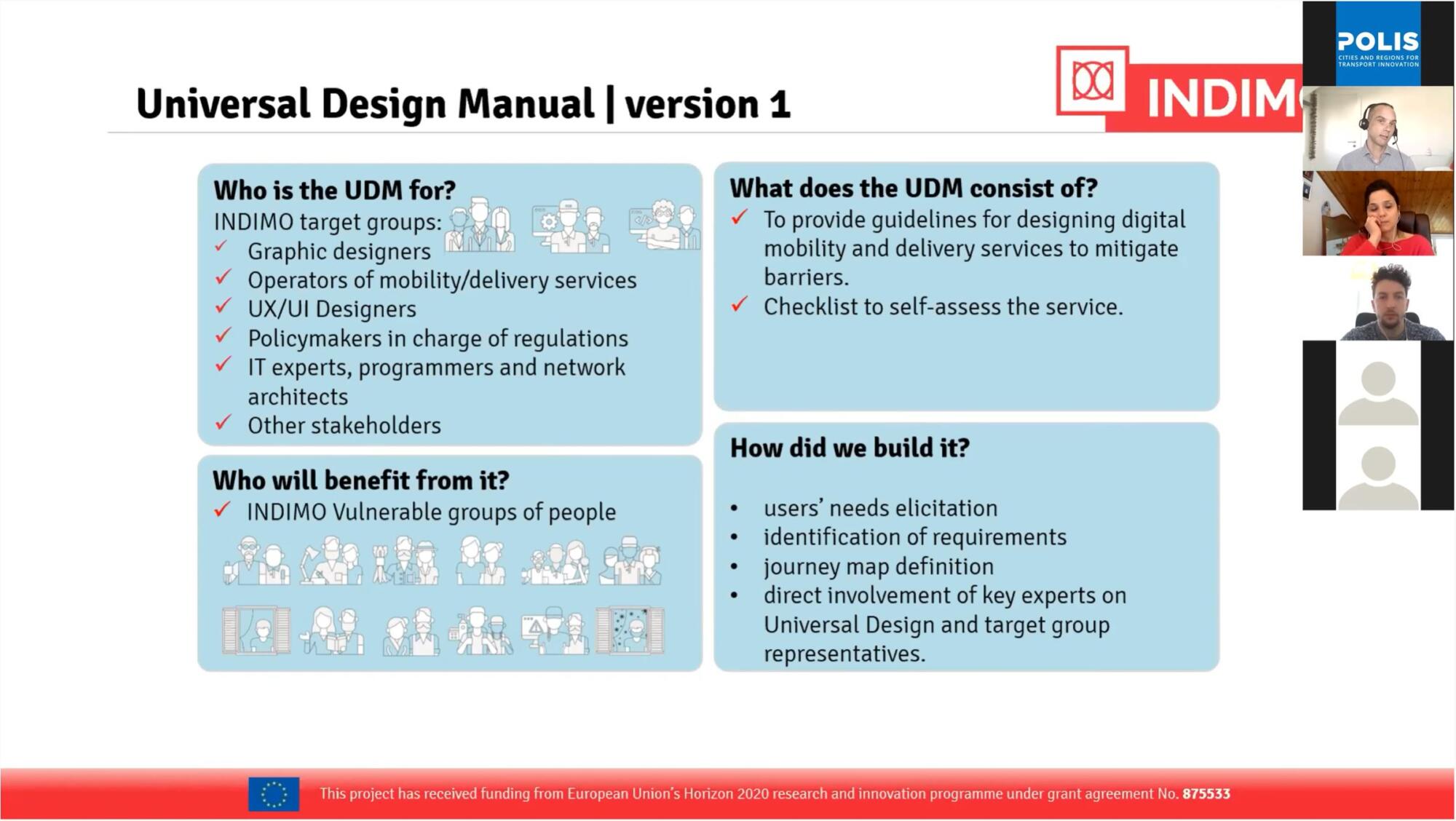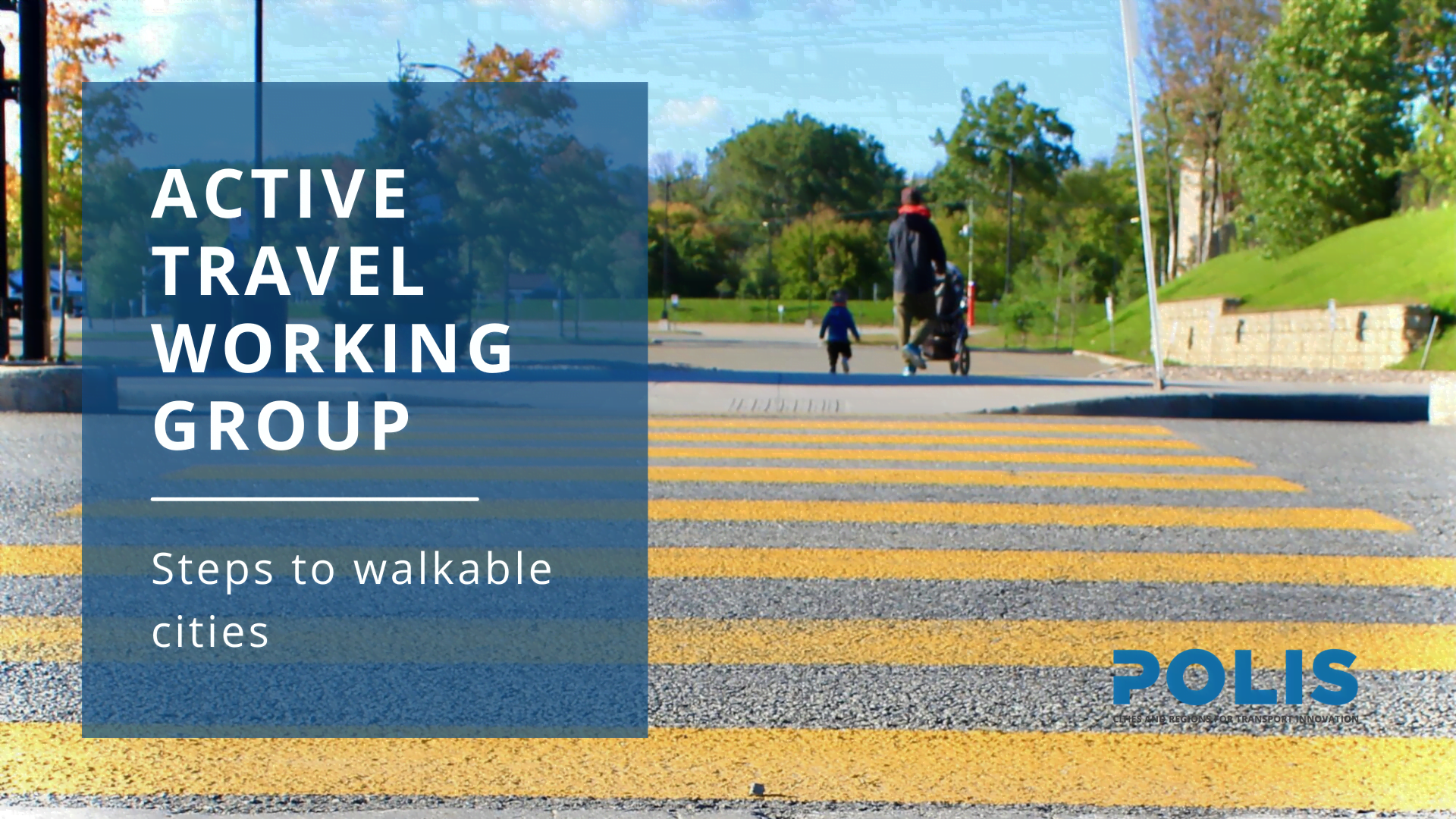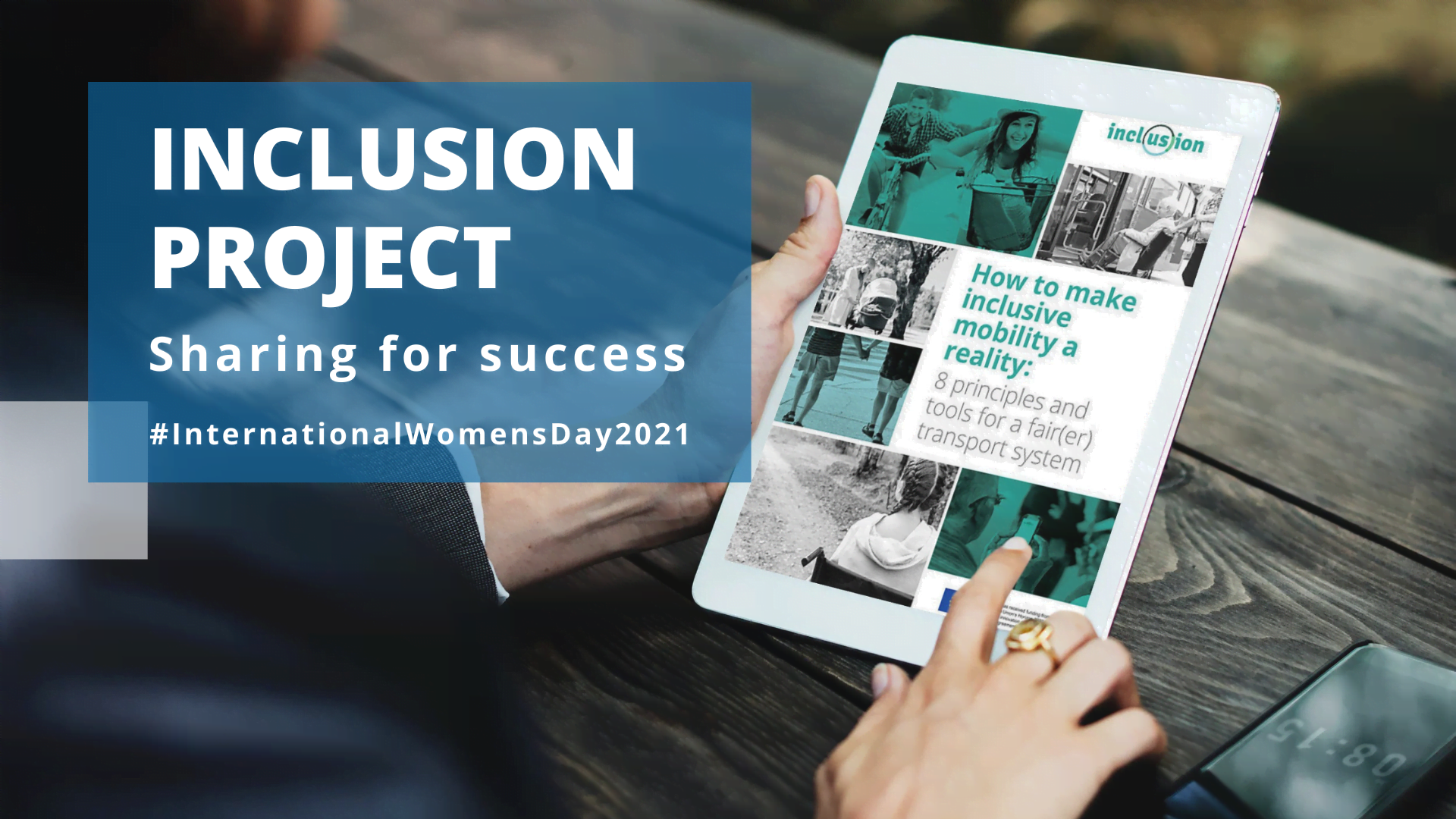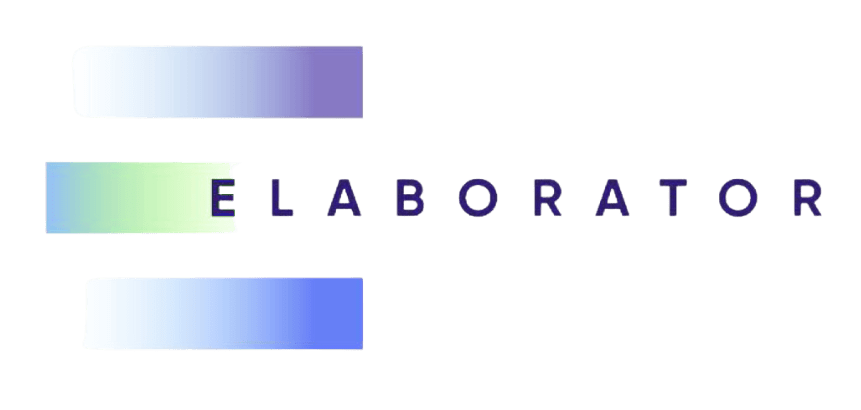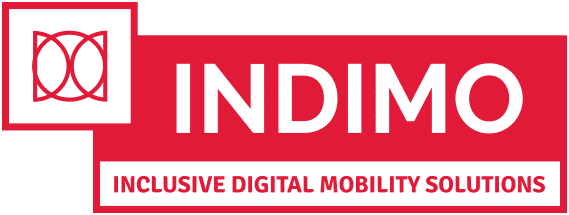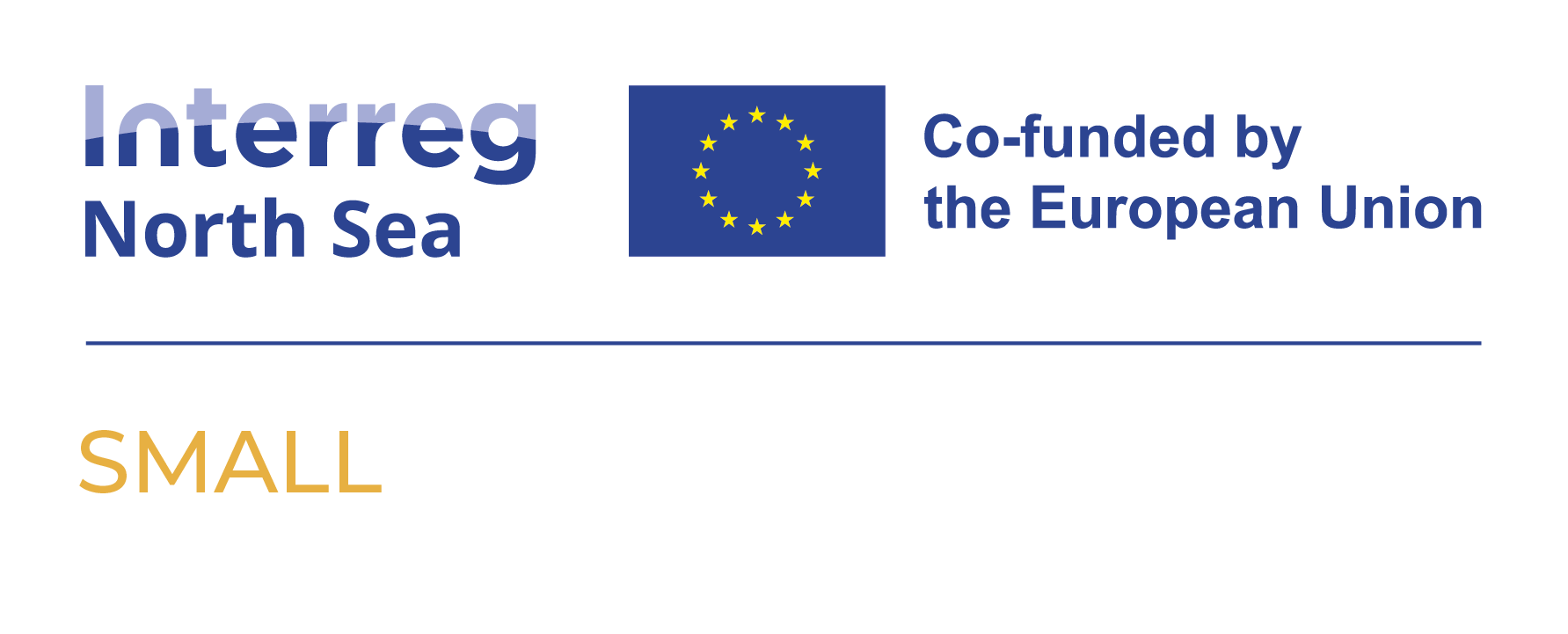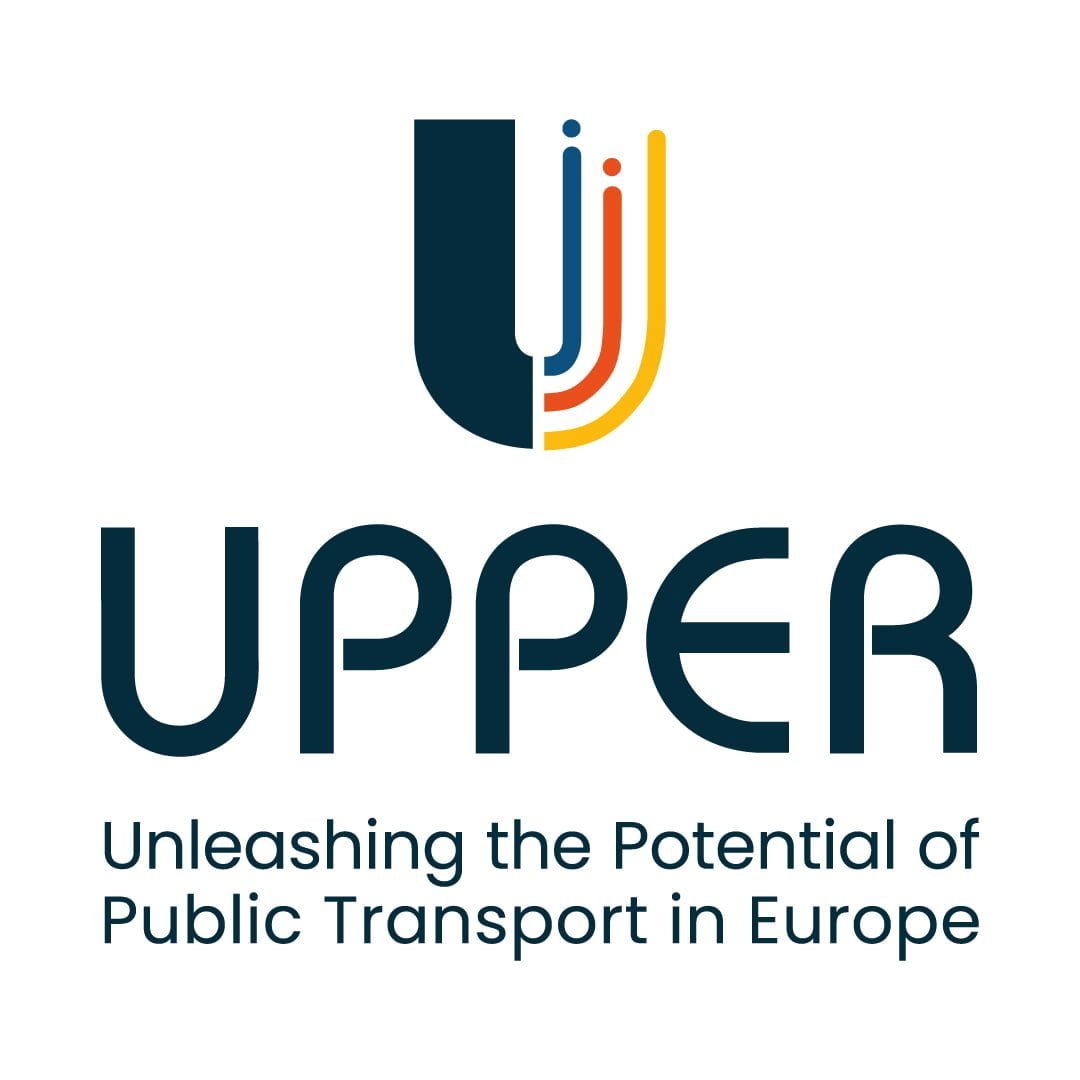Accessibility
Accessibility in transport (more specifically, physical accessibility) refers to the ease with which individuals, regardless of their physical abilities or socioeconomic status, can use (or ‘access’) transport services to reach desired destinations. This multifaceted concept has far-reaching positive impacts on society by fostering inclusivity and enhancing economic opportunities. Conversely, inadequate accessibility can lead to social exclusion and economic disparities.
Despite the undeniable benefits, challenges persist in achieving universal accessibility. Physical barriers, limited financial resources, and policy gaps often hinder progress. Additionally, physical accessibility is often tightly intertwined with other invisible barriers, such as the lack of digital inclusivity and literacy.
As per the Just Transition Agenda, POLIS appeals for physical accessibility of streets, interchanges, vehicles, and buildings to be placed front and centre of sustainable mobility planning – a call reiterated at POLIS’ Glasgow Leadership Summit, as well as during our Just Transition Webinar series, in particular the Active Travel Just Transition Webinar on fostering active travel for disabled people (report available here), the Regions Just Transition Webinar on urban-rural transport divisions (report available here), and the Clean Vehicles and Air Quality Just Transition Webinar on making EV charging a reality for people with disabilities (report available here).
Project and resources
POLIS actively supports actions aimed at improving accessibility, advocating for inclusive policies and infrastructure development. Our involvement in projects such as SMALL, ELABORATOR, UPPER, INDIMO, and INCLUSION and our collaborations with members such as Sustrans, Mpact, Leuven, and Amsterdam exemplify our commitment to fostering accessible urban environments.
Moreover, POLIS addresses accessibility through comprehensive project reports, such as INCLUSION’s How to make inclusive mobility a reality: 8 principles and tools for a fair(er) transport system and SMALL’s How can people with reduced mobility become an important driver of shared mobility?, social media campaigns like Disability Pride Month 2022, 2023, and 2024 and Cities in motion contributions like Equal Access to EV-Charging Stations, Unlocking Inclusivity, Accessible Futures, and Rural to urban.

